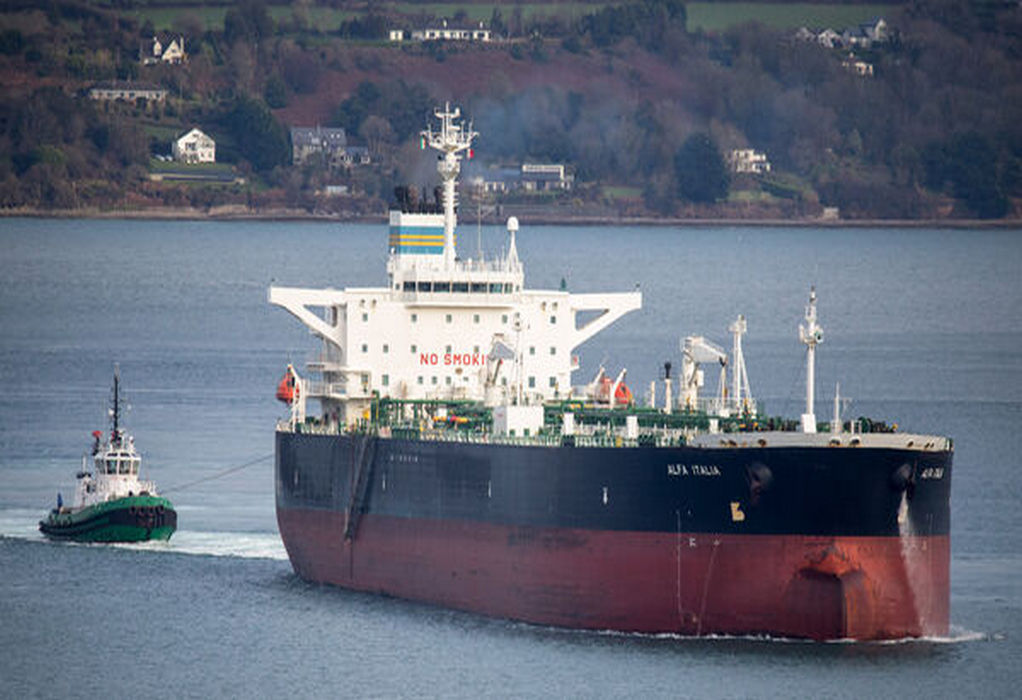The shipping industry is starting to feel the full force of surging diesel and petrol costs.
Ship fuel can be made from some of the same ingredients that refiners can also put into diesel and petrol. But soaring margins of the latter two fuels are making their production more attractive, resulting in tighter supplies for the maritime sector.
Fuel is shipping’s single biggest expense, so any price surge adds more inflationary pressure to already strained global supply chains. The cost of marine fuel in Rotterdam peaked at the highest since at least late 2019 at the start of the week, up 23% since the beginning of the year.
“It’s one more reason why global commodity prices and inflation are so high,” said Mark Williams, an oil products and refining analyst at Wood Mackenzie.
Much of the price increase in ship fuel has been due to a rally in crude oil, which is used to make most marine fuel. Rules implemented in 2020 forcing shippers to burn much lower-sulfur product have also helped push up costs.
But in Europe, the price of marine fuel — known as very low-sulphur fuel oil, or Vlsfo — has climbed much quicker than crude. That’s because of tight supplies which are, in part, due to the region’s strong diesel market, according to Mr Williams.
Source: https://www.irishexaminer.com/
Tags: Marine Fuel, Petrol Costs, Shipping Industry, VLSFO, Wood Mackenzie

Recent Posts
GCMD completes biofuel supply chain trials with Hapag-Lloyd
Airbus partners with Avolon on hydrogen aviation
Nuclear power transition more safe option for decarbonisation than coal
ABS presents industry’s first advisory on ammonia bunkering
AW Shipping orders multiple dual-fuel vessels from China
HIF Global partners with Airbus to advance development of SAF
ASL Aviation signs agreement with ZeroAvia for retrofit
AM Green plans to invest $1 bn to set up 2G biofuel plants